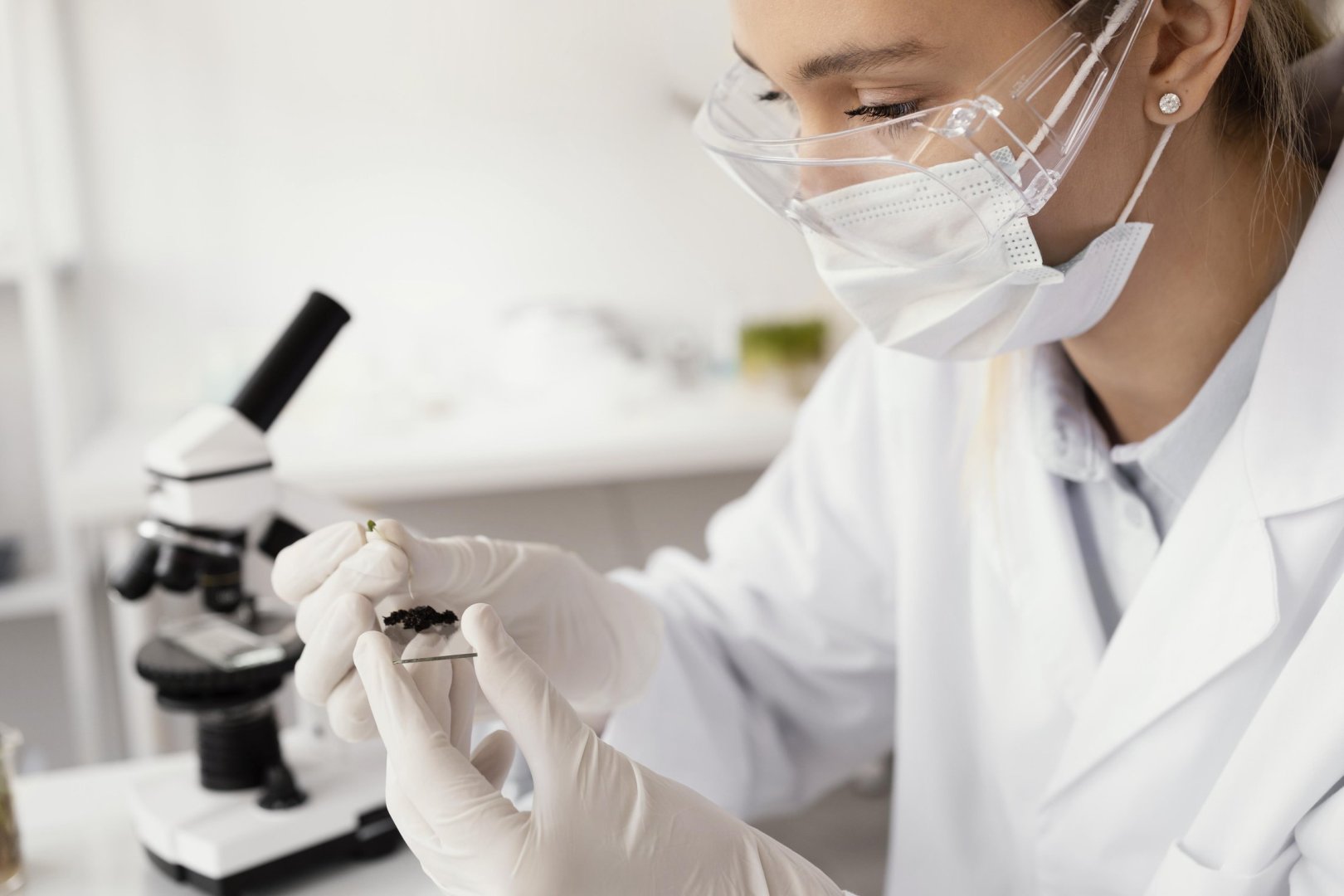BAKU, Azerbaijan, July 10. The European Commission has launched a new Life Sciences Strategy designed to establish Europe as the world’s most attractive destination for life sciences innovation by 2030, Trend reports.
The strategy delineates an allocation exceeding 10 billion euros
per annum from the extant EU fiscal framework and advocates for a
synergistic methodology encompassing the comprehensive value chain
of the industry.
The strategic framework is designed to catalyze scientific
advancements, streamline pathways for expedited market entry, and
enhance public confidence in emerging technologies, thereby
guaranteeing that their advantages are disseminated to both
humanity and the ecosystem.
“The European Life Sciences Strategy is highly significant for Lithuania. We already have a strong and innovative life sciences community contributing to our national GDP. But there’s room to grow—and utilizing EU financial tools more intensively is one of the ways to unlock this potential. These instruments will help make both Europe and Lithuania top destinations for advancing life sciences,” said Marius Vaščega, Head of the European Commission Representation in Lithuania.
Key measures in the strategy include optimizing research and innovation ecosystems, improving the speed at which life sciences innovations reach the market, and supporting public acceptance and adoption of new solutions.
The European Commission will introduce a dedicated EU investment plan to support large-scale clinical trials and strengthen Europe’s clinical research infrastructure. The strategy also promotes the “One Health” approach in research and innovation and allocates up to 100 million euros through the 2026–2027 Horizon Europe program for microbiome-based solutions.
An incremental allocation of 250 million euros will be directed
towards cross-disciplinary life sciences technologies, facilitating
sustainable industrial innovation, pioneering conceptual
frameworks, novel molecular entities, cutting-edge materials, and
enhanced biotech-driven manufacturing processes.
In order to catalyze the innovation ecosystem, the Commission is
set to introduce a comprehensive EU Biotechnology Act designed to
establish a more conducive regulatory architecture across various
biotech domains. A novel matchmaking ecosystem is set to be
deployed, facilitating synergies among startups, industry
stakeholders, and capital investors.
An additional 300 million euros will be allocated to catalyze
innovation-centric public procurement in domains including climate
resilience, advanced vaccine development, and cost-effective
oncology interventions. A Life Sciences Coordination Group will be
instituted to synergize policy and funding across diverse sectors
and to facilitate collaborative engagement among pivotal
stakeholders, encompassing both industry and the citizenry.
The life sciences sector currently generates approximately 1.5
trillion euros in incremental value within the EU economic
landscape and underpins the employment of 29 million individuals.
Through the implementation of this strategic framework, the EU
seeks to reinforce its preeminence on the global stage while
cultivating enduring resilience, sustainability, and advancements
in health innovation throughout its member states.
Stay up-to-date with more news on Trend News Agency's WhatsApp channel







